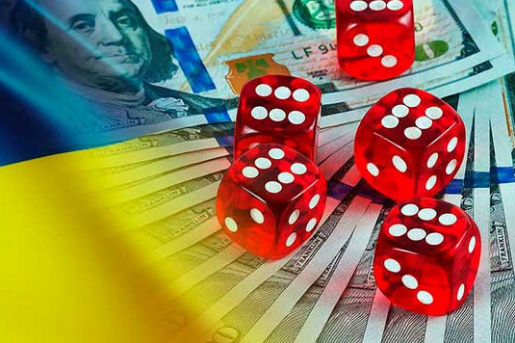Ukrainian President Volodymyr Zelenskyy has signed into law a sweeping overhaul of the gambling regulations of the country. This includes the dissolution of the KRAIL (Commission for the Regulation of Gambling and Lotteries). The dissolution will take place by April 1 of the current year.

The newly enacted legislation, Law No. 9256-d, aims to tighten oversight of the gambling industry. It will establish a new regulatory authority.
Verkhovna Rada of Ukraine passed the law in December of the previous year. It replaces KRAIL with a central executive body. This body will be responsible for implementing and enforcing state policies on gambling and lotteries. This change follows accusations of inefficiency and corruption within KRAIL. Since its creation in 2020, it has faced scrutiny following the legalization of gambling in Ukraine.
The incoming authority will manage licensing and enforce compliance. It will also implement real-time monitoring systems to oversee gambling activities under the new framework. The reforms will establish clear protocols for player identification and introduce draft regulations to promote responsible gaming. These guidelines include mandatory breaks during gambling sessions, spending caps, and limits on playtime.
Ukraine’s Deputy Prime Minister and Minister of Digital Transformation, Mykhailo Fedorov stated that the essence of the law is to reorganize the KRAIL and remove the human factor from the license issuance process. He also talked about plans to digitize licenses and implement an online monitoring system for transparency and efficiency.
The restructuring of gambling oversight of Ukraine comes in the wake of high-profile scandals involving KRAIL officials. In 2021, NABU (National Anti-Corruption Bureau of Ukraine) detained KRAIL member Yevhen Hetman. He was allegedly caught accepting a $90,000 bribe to issue gambling permits.
On a more recent news, Ivan Rudyi, head of KRAIL, faced allegations of helping a Russian-owned online casino. He was also accused of jeopardizing national security by allowing access to sensitive personal data of Ukrainian military personnel.


